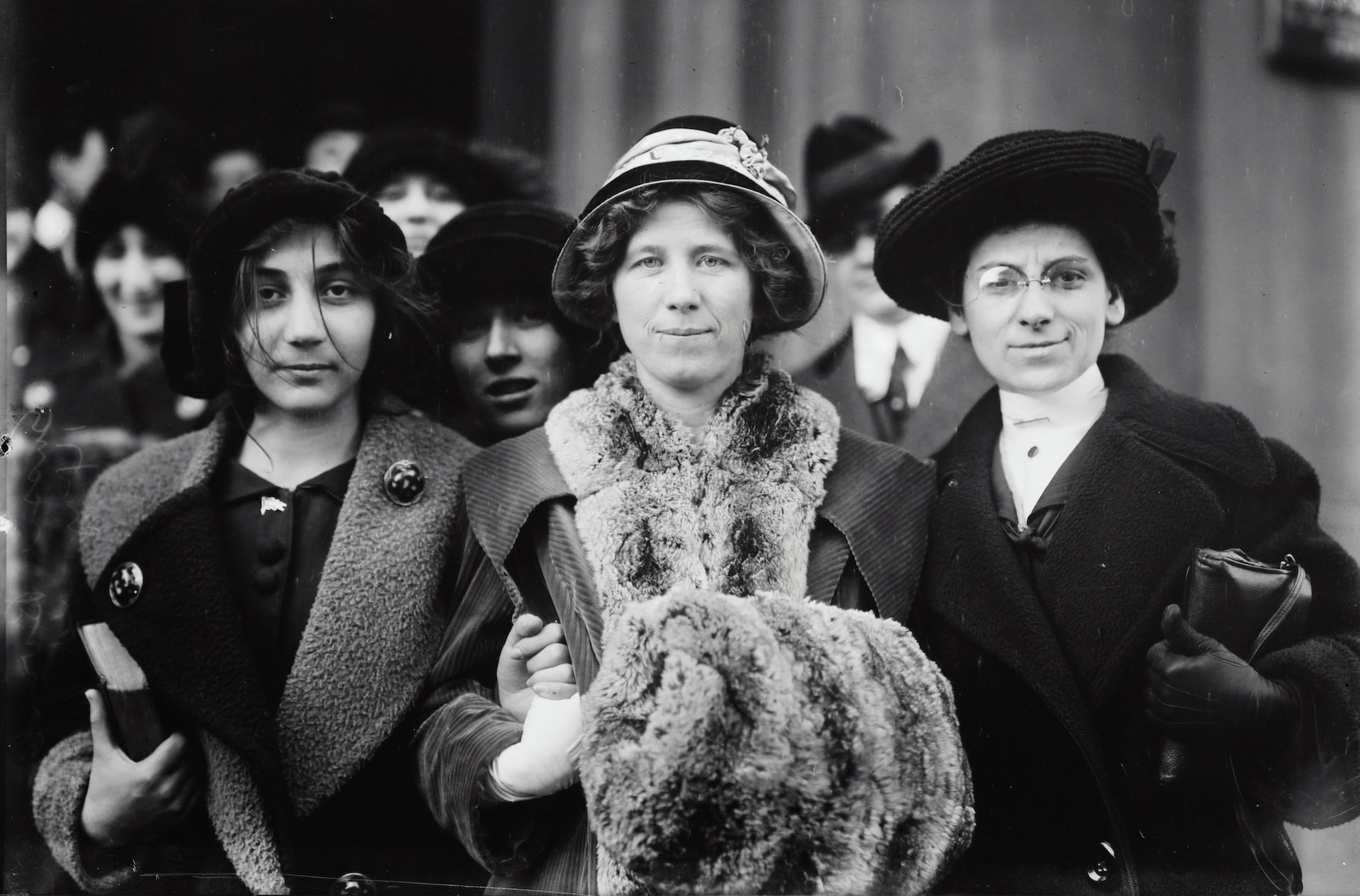Introduction
Let’s be honest making friends as an adult isn’t always easy. Between busy work schedules, family commitments, and life’s many responsibilities, it can feel like there’s little time or opportunity to meet new people. Unlike childhood or college, where friendships formed naturally through shared activities, adulthood often requires a more intentional approach. But here’s the good news: it’s absolutely possible to build meaningful, lasting friendships at any stage of life. In this article, we’ll explore practical tips and strategies to help you connect with others, whether you’re new to a city, starting a new job, or simply looking to expand your social circle. Ready to make new friends? Let’s dive in.
Steps to Making New Friends as an Adult

1. Embrace Your Interests and Hobbies
One of the best ways to meet like-minded people is by participating in activities you enjoy. Whether it’s joining a book club, taking a cooking class, or playing a sport, shared interests create natural opportunities for connection.
Tip: Look for local meetups or online communities related to your hobbies.
Example: “I joined a weekend hiking group and quickly bonded with people who shared my love for the outdoors.”
2. Leverage Your Existing Network
Sometimes, the key to new friendships is closer than you think. Reconnect with old friends, colleagues, or acquaintances, and don’t hesitate to ask for introductions.
Tip: Attend gatherings or social events where you can meet friends of friends.
Example: “A coworker invited me to a game night, and I ended up meeting some amazing people who are now close friends.”
3. Be Open and Approachable
Making new friends often starts with simple gestures a smile, a friendly greeting, or a casual conversation. Being open and approachable signals to others that you’re interested in connecting.
Tip: Practice small talk in everyday situations, like at the gym or coffee shop.
Example: “I struck up a conversation with someone at my local coffee shop, and we’ve been meeting up for weekend brunch ever since.”
4. Volunteer for Causes You Care About
Volunteering not only gives back to the community but also introduces you to people who share your values and passions.
Tip: Choose volunteer opportunities that align with your interests, whether it’s animal shelters, food banks, or environmental groups.
Example: “Volunteering at a local charity introduced me to a group of like-minded individuals who quickly became friends.”
5. Take Advantage of Technology
Apps and social platforms aren’t just for dating they’re great tools for making friends too. Platforms like Meetup, Bumble BFF, and local Facebook groups can connect you with people in your area.
Tip: Use apps to find local events or connect with people who share your interests.
Example: “I met my closest friend through a local photography group I found on Meetup.”
6. Be Consistent and Follow Up
Building friendships takes time and effort. Make an effort to follow up after meeting someone new—whether it’s grabbing coffee, inviting them to an event, or simply checking in.
Tip: Don’t be afraid to take the initiative in making plans.
Example: “After meeting someone at a networking event, I invited them to lunch the following week, and our friendship grew from there.”
7. Get Comfortable with Being Vulnerable
Deep connections often come from sharing personal experiences and being authentic. Don’t be afraid to open up and show your true self.
Tip: Start with small, genuine conversations and gradually share more about yourself.
Example: “Opening up about my move to a new city helped me connect with others going through similar experiences.”
Importance of Friendships in Mental Health

Friendships are very important for mental health. Having friends can help you feel less lonely and more connected to the world around you. Good friends provide emotional support and make you feel understood, which is important when dealing with stress, anxiety, or sadness. Spending time with friends can also boost your mood, making you feel happier and more relaxed.
How to Start Making New Friends
If you’re looking to make new friends, the first step is to put yourself out there. This might mean starting conversations with coworkers or people you meet at the gym or local cafes. Don’t be afraid to invite someone for coffee or lunch. Joining clubs, sports teams, or volunteer groups is another great way to meet new people who share similar interests.
Online Platforms for Meeting New Friends
Thanks to technology, it’s easier than ever to meet people online. Apps like Bumble BFF, Meetup, and even Facebook groups allow adults to find others who are looking for friends. These platforms can connect you with people who enjoy the same hobbies, live nearby, or share similar life goals. Online platforms are especially helpful for those who feel shy or are too busy to meet people in person.
How to Build Strong Friendships

Building strong friendships takes time and effort. It’s not just about meeting new people, but also about nurturing the relationships you have. Be a good listener, show interest in what others say, and make time to spend with them. Support your friends when they need help and be there for them during tough times. Consistent effort will turn a casual acquaintance into a lifelong friend.
The Role of Technology in Building Friendships
Technology plays a big role in helping adults make and maintain friendships. With social media, texting, and video calls, it’s easier to stay in touch with friends, even if you’re far apart. Technology also gives you the chance to meet people outside your immediate area, opening up a wider network of potential friends. In today’s busy world, digital tools can help make the process of making new friends much more accessible.
The Impact of Age on Friendships

As we get older, the way we form friendships can change. When we’re young, it’s easy to meet new people in school or through activities. However, as adults, we often find it harder to make time for new friendships due to busy schedules and responsibilities. But with effort, it’s still possible to make meaningful friendships in adulthood. It may take more time and patience, but it’s well worth it for the support and joy good friends bring into your life.
Challenges of Making Friends as an Adult
While making friends as an adult is possible, it comes with its own challenges. Adults often face time constraints due to work, family, and other commitments. Social anxiety or fear of rejection can also make it difficult to reach out to others. Additionally, some people find it hard to meet others who share similar interests, making it harder to form connections. Overcoming these challenges requires effort and a willingness to step outside of your comfort zone.
Future of Making Friends as an Adult

The future of making friends as an adult looks promising, especially with the increasing use of technology. Social media platforms, apps, and virtual events will continue to help adults connect with others. As remote work and online communities grow, people will have more chances to meet like-minded individuals. With more focus on mental health and well-being, the importance of friendships is expected to rise, leading to more people prioritizing social connections and seeking ways to make new friends.
Analysis Table: Key Factors in Making Friends as an Adult
| Factor | Challenge | Solution | Impact on Friendship Building |
|---|---|---|---|
| Time Constraints | Busy schedules and family commitments | Plan social events in advance | Increases chances of meeting people |
| Social Anxiety | Fear of rejection or awkwardness | Take small steps, practice social skills | Builds confidence and reduces anxiety |
| Lack of Shared Interests | Hard to find people with similar hobbies | Join clubs or hobby groups | Helps find people with common interests |
| Fear of Judgment | Worry about being judged for trying to make friends | Be yourself and stay authentic | Creates honest and lasting connections |
| Misaligned Priorities | Focusing too much on work or family | Balance social and personal life | Helps maintain healthy relationships |
Comparative Table: Traditional vs. Modern Methods of Making Friends
| Method | Traditional Approach | Modern Approach |
|---|---|---|
| Socializing Venues | Schools, workplaces, social clubs | Social media, online platforms, Meetup apps |
| Friendship Speed | Takes time to build relationships | Faster connections through online tools |
| Type of Connection | Face-to-face interactions | Digital connections that can lead to in-person friendships |
| Flexibility | Limited by location and availability | Connect with people anytime, anywhere |
Conclusion
Making new friends as an adult might take a bit more effort, but the rewards are well worth it. By embracing your interests, being open to new experiences, and staying consistent in your efforts, you can build meaningful connections that enrich your life. Remember, friendships don’t happen overnight they grow through shared experiences, trust, and mutual support. So, step out of your comfort zone, put yourself out there, and be patient with the process. The right people are out there, and with a little effort, you’ll find your tribe.
Call to Action
What strategies have helped you make new friends as an adult? Share your experiences in the comments below, and subscribe for more tips on building meaningful connections!










